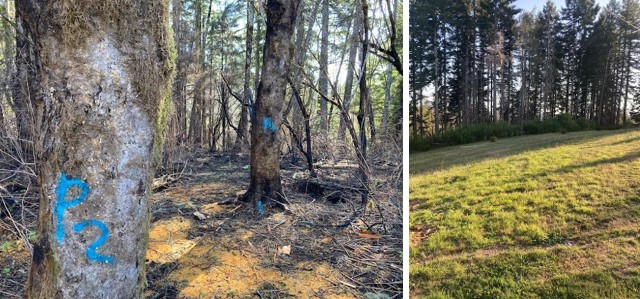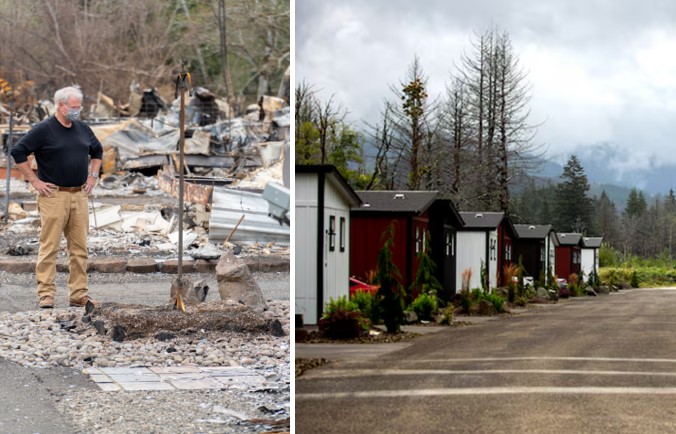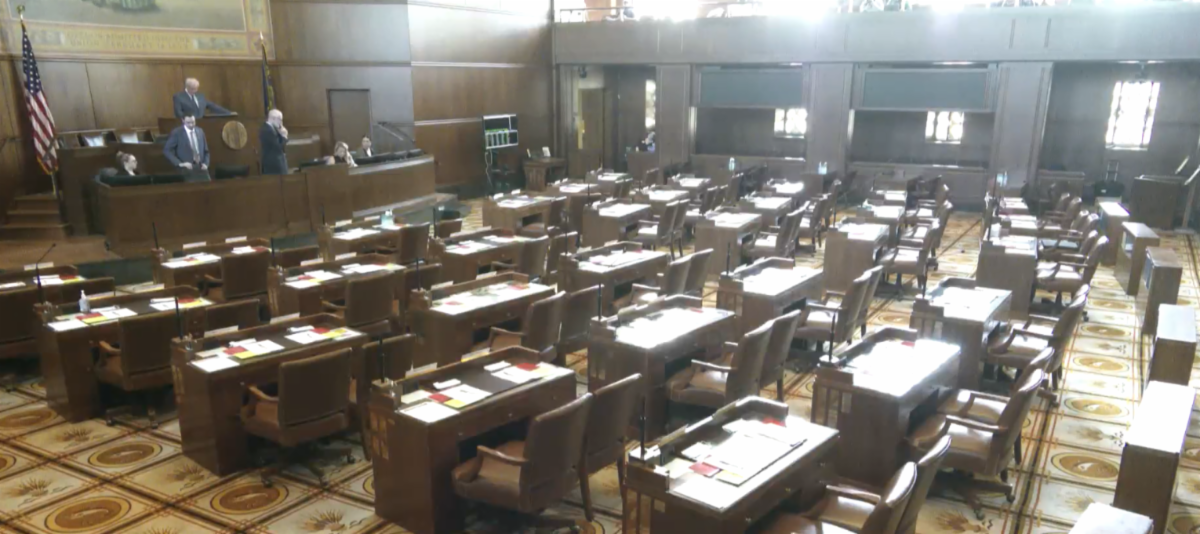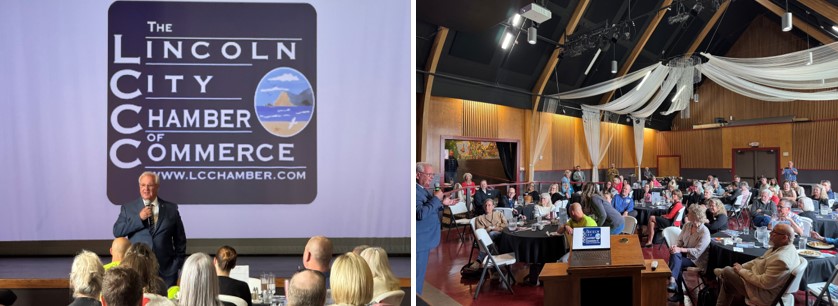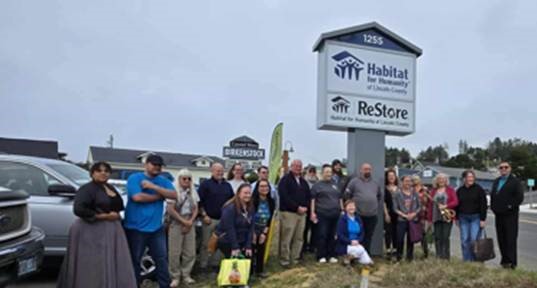| During the debate on Monday, I heard a lot of concerns about accountability. ODOT, some said, is overspending, wasteful, and poorly managed.
I personally led the successful effort to trim the ODOT budget by 100 positions and nearly $50 million in other savings over the next two years.
And as we move forward, the current transportation funding proposal includes increased accountability at ODOT by not only giving the Governor the authority to fire the ODOT Director (an authority that currently lies with the Oregon Transportation Commission), but also regular performance audits by the Secretary of State’s Audits Division, a new highway cost allocation study, and greater oversight of mega-projects and of the Transportation Commission by the legislature. In my floor speech, I said that if members had other ideas for improved accountability, I was “all in!”
I also said on Monday that there was plenty in the bill that I was not happy with. I don’t like payroll taxes. I well understand that rural drivers need to go further to get to work, school, shopping, or health care. So charging by the gallon or mile hurts us disproportionately. And finally, the Highway Trust Fund is shared with counties based on population. This past weekend, there were more cars in Lincoln County from outside the county than drivers who lived here. High tourism counties need some help to cover the cost of visitors.
When Ronald Reagan raised the federal gas tax by 5 cents in 1982, he did so not because it was politically expedient, but because he understood that there is no such thing as a free lunch. People who use the roads need to pay for the roads. We need safe and effective highways, and simply deferring maintenance and leaving this problem for a future legislature to solve is going to make the costs even higher for Oregonians when the bill comes due again.
No one likes higher taxes. I certainly don’t. But we don’t like lousy, unsafe roads either. And I’m deeply troubled by the increase in accidents and the number of fatalities we have seen here. On Highway 20 alone, ODOT has reported more than 20 deaths since 2017.
The proposal voted on in the House today was not perfect, but it was a step in the right direction. It passed by a vote of 36-12, the minimum number of yes votes required to approve tax increases in Oregon. One Democrat voted “no” and one Republican (Tillamook’s representative Cyrus Javadi) voted “yes”. Sadly, a dozen members stayed home and did not engage in the debate or vote.
You can watch my floor speech here. |
 Five years ago, Oregon’s Labor Day Fires burned more than 4,000 homes and more than a million acres of land.
Five years ago, Oregon’s Labor Day Fires burned more than 4,000 homes and more than a million acres of land.


